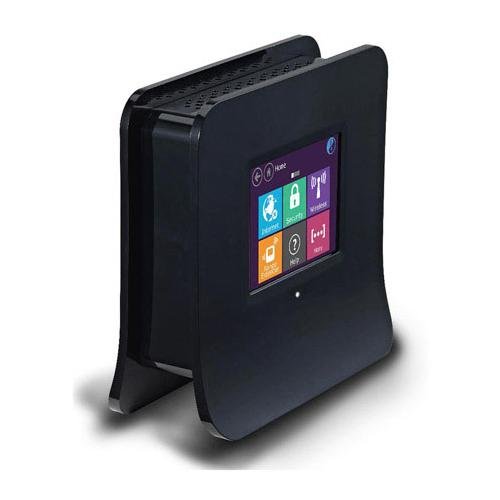MRG
Give me a museum and I'll fill it. (Picasso) Give me a forum ...
- Joined
- Apr 9, 2013
- Messages
- 11,078
Yes, you are correct ping talks to the ICMP layer, don't bother to decipher the code. It's a sample tcp/ip application that talks to the next layer. There's no ping, just calls an implementation of sockets apis.
But I still think were on the same path, don't think various different apps having connection errors is in the application layer, IMHO it must be lower.
Could be many things but if I were diagnosing my own machine I'd start with pings to the different dns servers as suggested. You obviously know the toolsets to go down to the next lower levels, they're not for most people to interpret. Sorry for any miscommunication.
Sent from my SAMSUNG-SGH-I337 using Early Retirement Forum mobile app
But I still think were on the same path, don't think various different apps having connection errors is in the application layer, IMHO it must be lower.
Could be many things but if I were diagnosing my own machine I'd start with pings to the different dns servers as suggested. You obviously know the toolsets to go down to the next lower levels, they're not for most people to interpret. Sorry for any miscommunication.
Sent from my SAMSUNG-SGH-I337 using Early Retirement Forum mobile app


